By Nnenna Agbai
The political atmosphere of South East hums with a quiet but insistent rhythm these days, a pulse quickened by the relentless strides of one man, Benjamin Kalu, the Deputy Speaker of the House of Representatives. He moves like a man possessed by urgency, a shepherd gathering scattered flocks under the banner of Renewed Hope. The stakes are high, the mission is clear: the Southeast must not remain on the fringes of Nigeria’s political consciousness. Not again. Not after 2023.
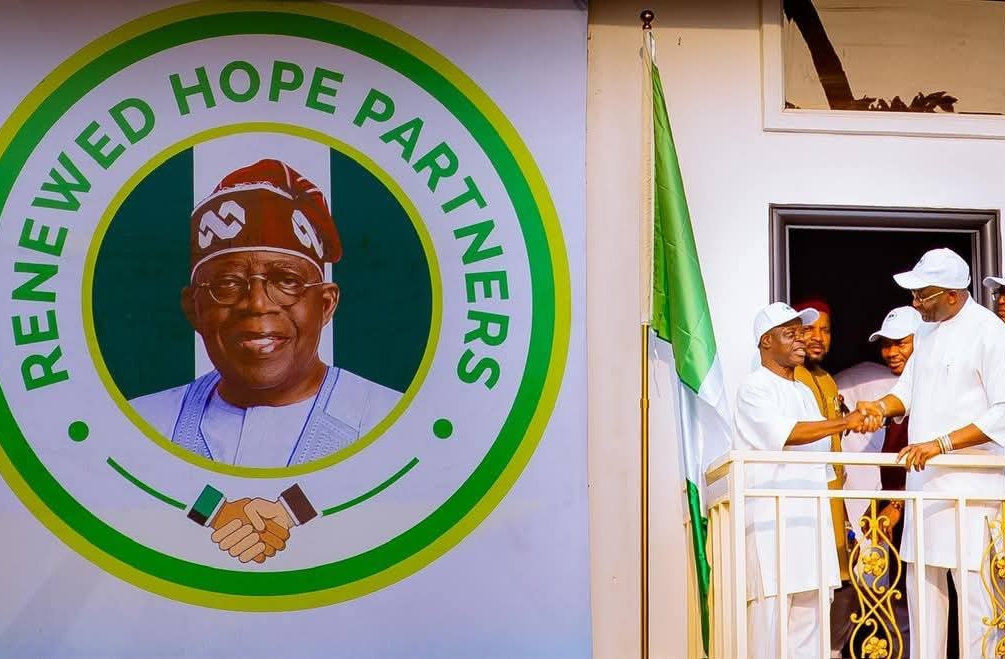
April 24, 2025, marked a turning point, a day when promises took physical form in Umuahia, Abia State, as the Renewed Hope Partners (RHP) initiative was unveiled. This was no ordinary office commissioning; it was the birth of a bridge, a conduit designed to channel the federal government’s developmental agenda into the veins of the Southeast. Kalu stood before the crowd, not just as a lawmaker but as an evangelist of a new political faith. “Hope is no longer a promise- it is action,” he declared. The RHP was more than an initiative; it was a covenant, a pledge that the region would no longer be an afterthought in the grand narrative of national progress.
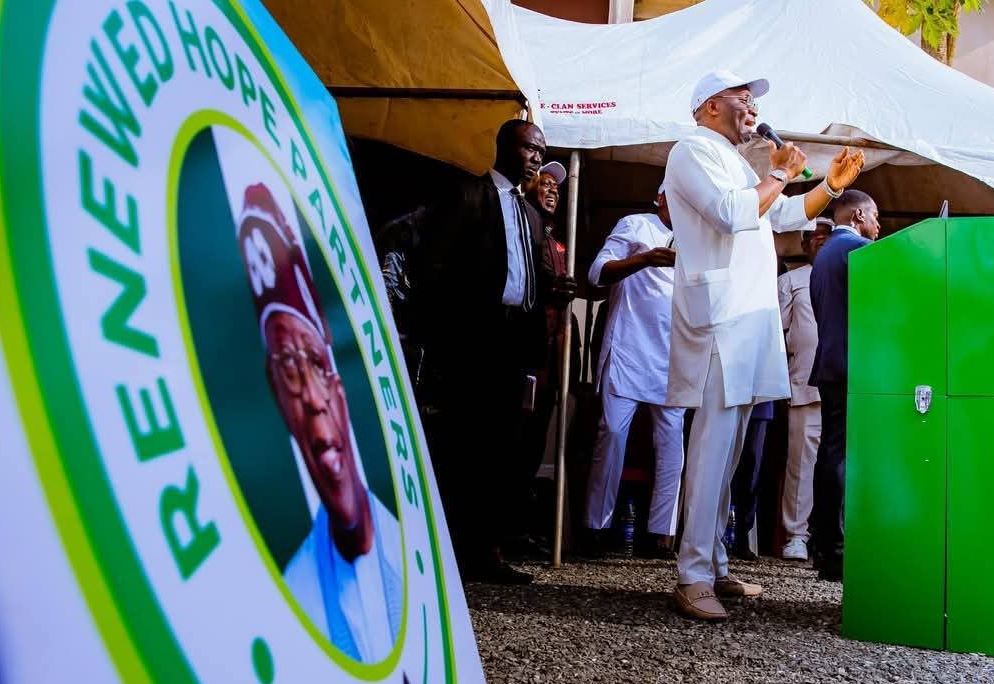
The echoes of that day rippled outward. Traditional rulers, custodians of ancestral wisdom and grassroots influence, soon filed into the same office, their royal staff tapping in quiet affirmation of Kalu’s mission. Their presence was no mere formality; it was a tacit endorsement, a recognition that the Deputy Speaker had become the region’s most vocal intermediary with Abuja. “The President has shown that Ndi Igbo are close to his heart,” Kalu assured them.
Yet, politics is not merely about grand visions and high-level diplomacy; it is also about the tangible, the things that touch lives in the most immediate ways. And so, Kalu turned his gaze homeward, to Bende Federal Constituency, where the fruits of his labour stood in brick and mortar. Classroom blocks rose where dilapidation once reigned, roads snaked through communities long accustomed to isolation, and water flowed where thirst had been a cruel companion. One after another, he commissioned them, each project a stanza in an unfolding epic of development.
At Etitiulo Primary School the cracked walls disapared, in Uzuakoli, elders watched as a solar-powered borehole gushed its first stream, their faces etched with something between disbelief and gratitude. President Tinubu made this possible, Kalu reminded them, deftly weaving local gratitude into national allegiance. The message was subtle but potent: loyalty begets progress.
But Kalu is no mere executor of projects; he is a storyteller, a weaver of narratives. At every stop, he spun the tale of a President who had defied scepticism to prioritise the Southeast—the creation of the Southeast Development Commission, the infrastructural revival, the deliberate appointments. Tinubu is a good product to sell, he told the Tinubu Mandate Support Group, his voice brimming with the conviction of a man who had bet his political fortunes on this very premise. The Igbo, he argued, must no longer be spectators in Nigeria’s power equation. Let us invest our votes where there is progress, he urged, framing 2027 not as a distant contest but as a looming reckoning.
Yet, for all the grand visions, Kalu knows that politics is won in the trenches and by stitching together frayed alliances and hardening the resolve of the faithful. This truth was on full display as he gathered Abia’s APC stakeholders, a congregation of the party’s bruised but unbowed, for a reckoning. The agenda was simple: reconciliation, unity, and a true commitment to the Tinubu project. He made it clear that their strength lies in their togetherness, he reminded them. To him, grassroots mobilisation is not a slogan; it is our lifeline. It was no time for backslapping. The work had only begun. The stakeholders dispersed with a promise—this would not be another talk shop, but the first of many regular engagements, a sustained offensive to reclaim the Southeast’s political soul
Honestly, there is a quiet audacity in Kalu’s crusade. While others might have been content with the ceremonial trappings of high office, he has chosen the thorny path of a political missionary, traversing the Southeast with the zeal of a man racing against time. The 2023 election results linger like a spectre, a reminder of what happens when a region hesitates at the ballot box. He is determined that history will not repeat itself.
Yet, for all his urgency, there is a method to his fervour. The RHP is not a campaign gimmick but a structured machine designed to outlast the present moment. Traditional rulers, former legislators, youth groups—all are being marshalled into a broad coalition, a united front that speaks with one voice. The Abia Forum of Former Legislators recognised it early, pledging their support with the solemnity of men who understood the weight of the moment.
And so, Benjamin Kalu presses on, a man in motion, his days a blur of handshakes, speeches, and ribbon-cuttings. Some may call it ambition, others duty. But in the quiet moments, when the microphones are off and the crowds have dispersed, it is something far simpler: a belief that the Southeast’s time has come, and he—armed with the gospel of Renewed Hope—will be the one to herald it.
The road to 2027 is long, but Kalu walks it with the certainty of a man who knows that every classroom built, every road paved, every hand shaken, is a step toward redemption. The Southeast, he insists, will not be left behind. Not this time.
Nnenna Agbai is from Bendel Local Government Area of Abia State. She wrote from Abuja.

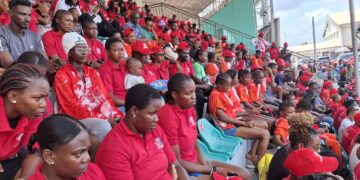
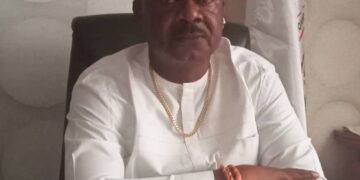
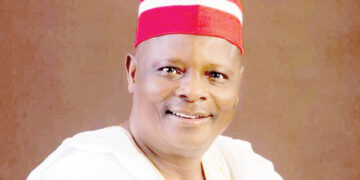
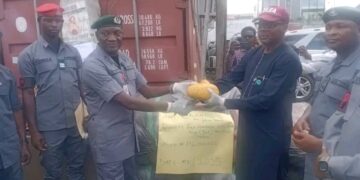

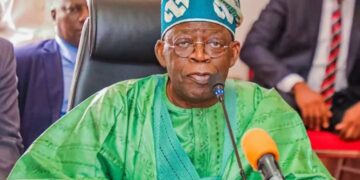



































Discussion about this post